Triggers and Self Regulation
Firstly, let’s just call a spade a spade: Young children hit, kick and bite routinely.
They throw rocks. They pull sweaters (yes, even expensive cashmere ones). They are simply not developmentally capable of regulating themselves (i.e. engaging their pre-frontal cortex when emotions run high) the way adults can, and expecting them to is simply delusional or ignorant or both. Hitting is developmentally appropriate for young children and even if you know it’s “normal” this bears repeating.
For me, personally, this has been the mother-of-triggers. When my feisty four year old lunges at me with an angry fist to my belly – I can turn into a fire-breathing dragon quicker than you can say Amygdala. So here are the steps I try to take (sometimes more successfully and other times not).
Steps to Take to Respond to Hitting Peacefully
- Whenever possible, try to prevent a child escalating to the point of hitting, by answering their needs earlier. If you believe, as I do, that all behaviors are a communication, then you can begin to try to decipher why your child hits you. What are they communicating (albeit poorly)? Sometimes their physical needs aren’t being met… they’re hungry, tired or need to use the little boys room. Other times it’s an emotional need.Hint: it’s almost always going to be linked to feeling disconnected from you. So check in with yourself, were you on the phone too much today? Are you soon traveling? Sometimes we simply cannot answer all of our children’s needs and they reach their boiling point which leads me to…
- If you catch your child about to hit you (or anyone), step in to block them (gently!).
Mind your hands here, keep them as soft as possible, so as not to hurt your child back. But I definitely believe you should not allow the behavior, and you should protect yourself and others wherever possible. - Differentiate healthy expressions of emotions, such as crying, shouting, stamping feet (all ok!) and hitting, biting, kicking (not ok!).
The golden rule is this: all emotions are acceptable, all behaviors are not. It can be hard to tease apart the underlying emotions that need expressing (“I’m exhausted! I’m angry! I’m overwhelmed! I’m sad! I’m scared”) from their unwanted expressions (kicking, hitting, spilling, throwing, etc). But it’s important to do so. You don’t want to send the message to your child that you cannot or will not accept their emotions, but rather that this particular aggressive or violent expression is unacceptable. And that you will help them to find healthy ways of letting the emotions out. - Rather than inflicting even more pain on our children, in the form of punishment, we can take the high road of unconditional love.
In mainstream parenting we are often told that a child who hits is “testing out limits”. Alfie Kohn points out that he may just as easily be “testing our love”. More specifically, testing whether or not our love is conditional, and whether he can behave badly enough for us to withdraw it. Whenever my child lunges at me I conjure up this mantra: ‘There is nothing you can do that will make me less loving to you, thank you for giving me an opportunity to prove that.’ - Finally, what lesson do you really want to teach?
Often when a child ‘misbehaves’ we fall prey to the idea that we need to ‘teach them a lesson’! Only question we don’t really ask is which lesson? So here are the lessons I want my son to learn and I hope to teach him, slowly, gradually throughout the years.I want my child to learn:
- Not to hit. Because hitting hurts other people – not because he’ll be punished if he does.
- That he is capable of overcoming this natural impulse, with time, practice and support.
- To take responsibility for his part in a disagreement – so I need to take responsibility for my part in his escalated emotions.
- That his emotions don’t overwhelm, scare or even frustrate me.
- That I am the grown up, so I can handle this without getting flustered.
- That expressing emotions is a safe, healthy thing.
- That he is not a “hitter” and that next time he may make a better choice.
- That it’s important to move through emotions, not stuff them in.
- That I am there to love him and support him, even – no, especially – when he’s at his worst.
Do you struggle with your child hitting you or others? How do you handle it?




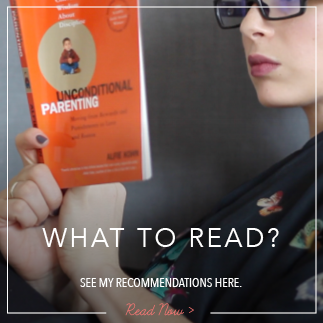
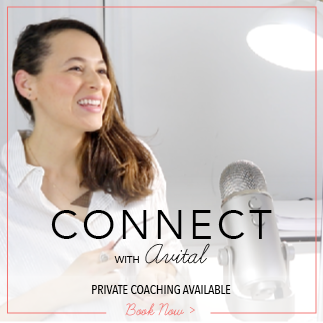

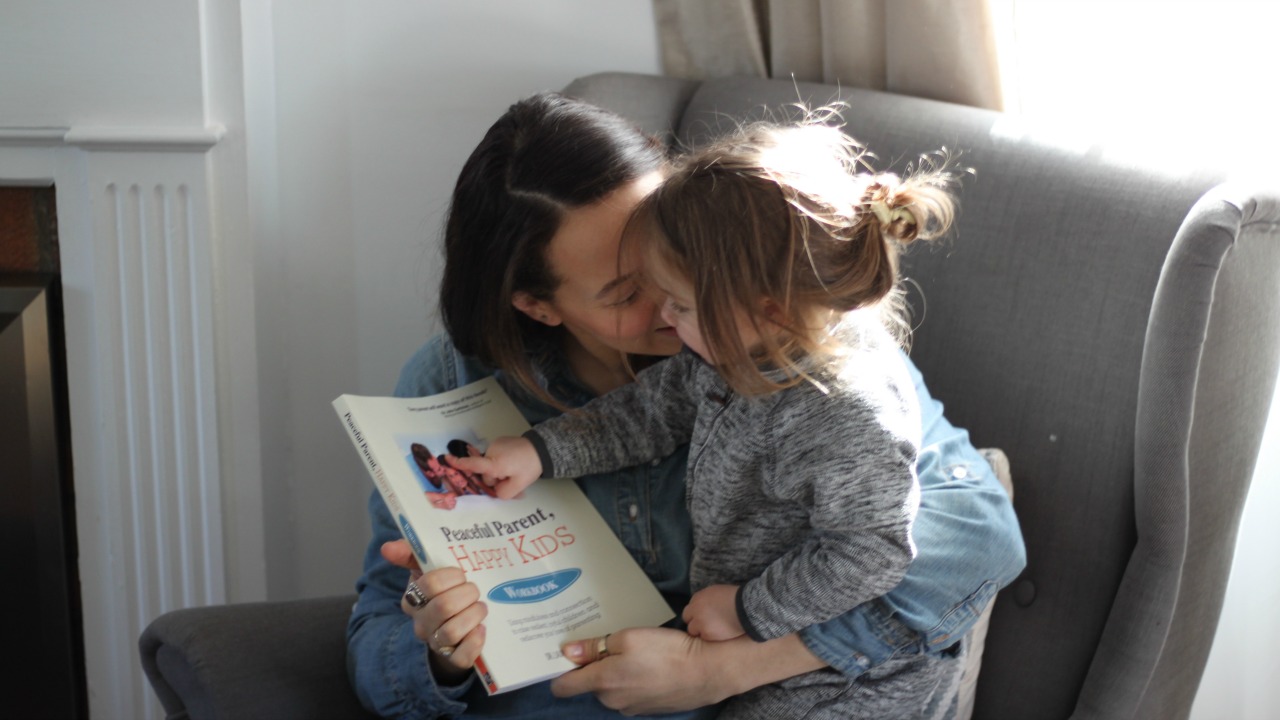
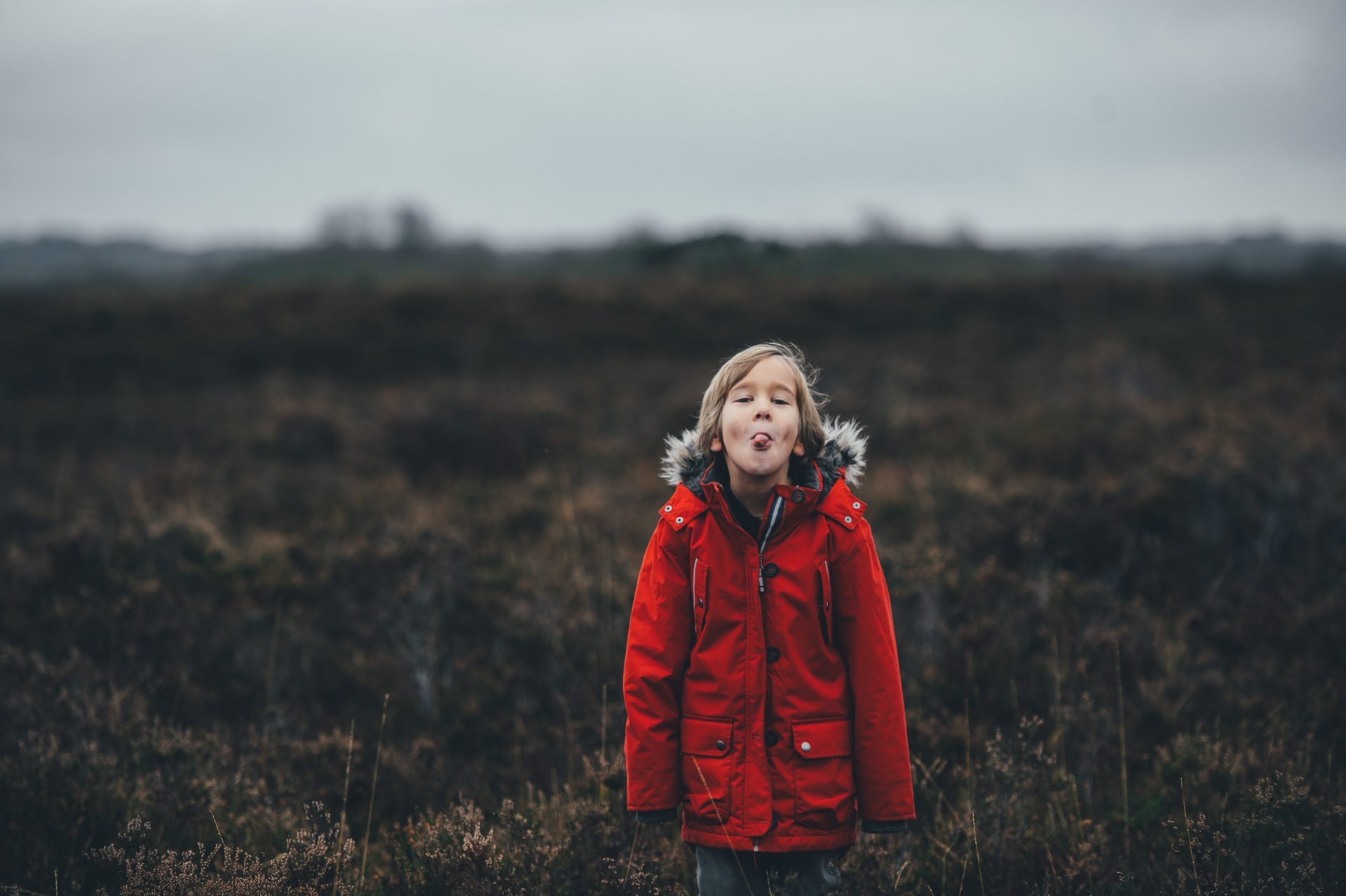
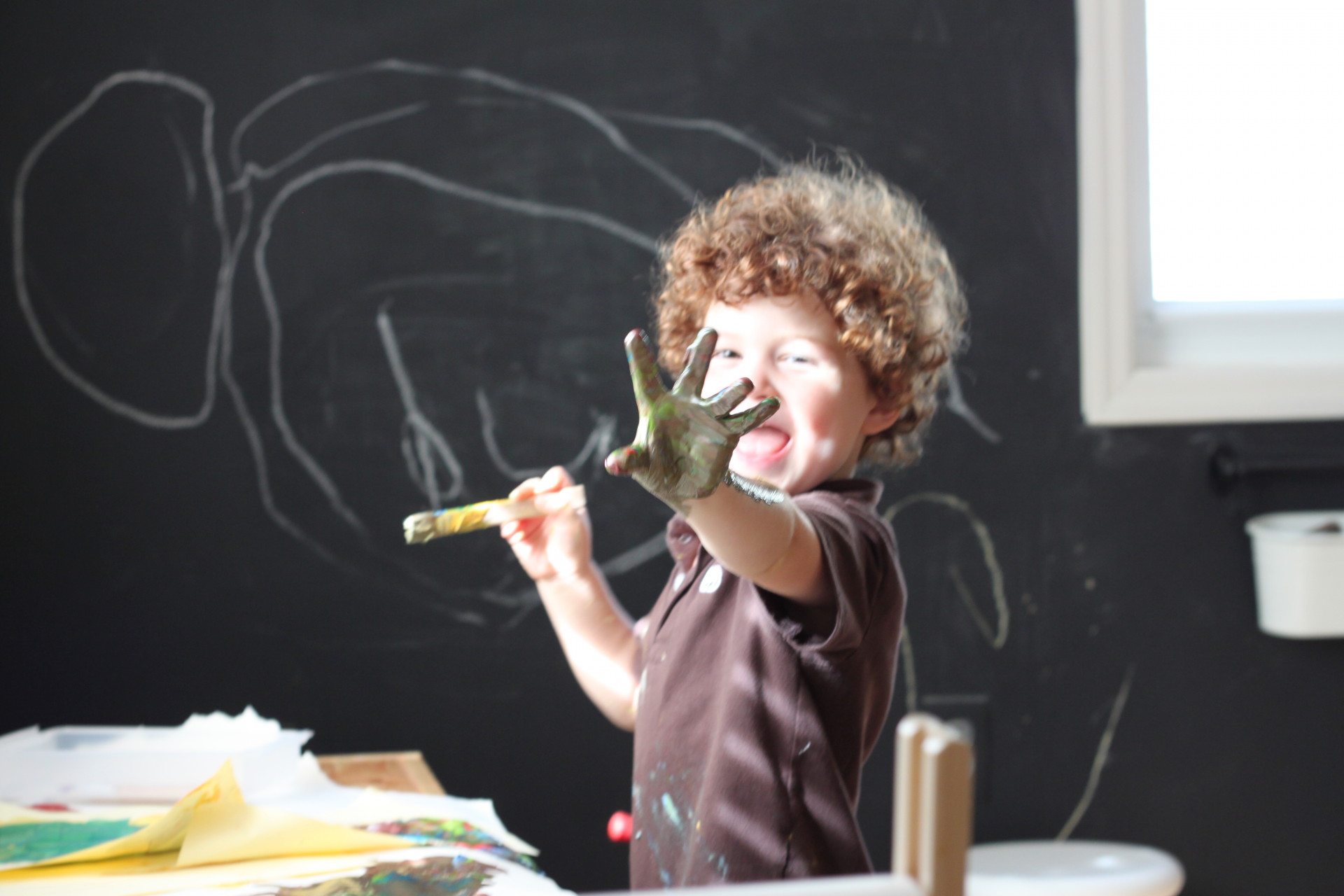
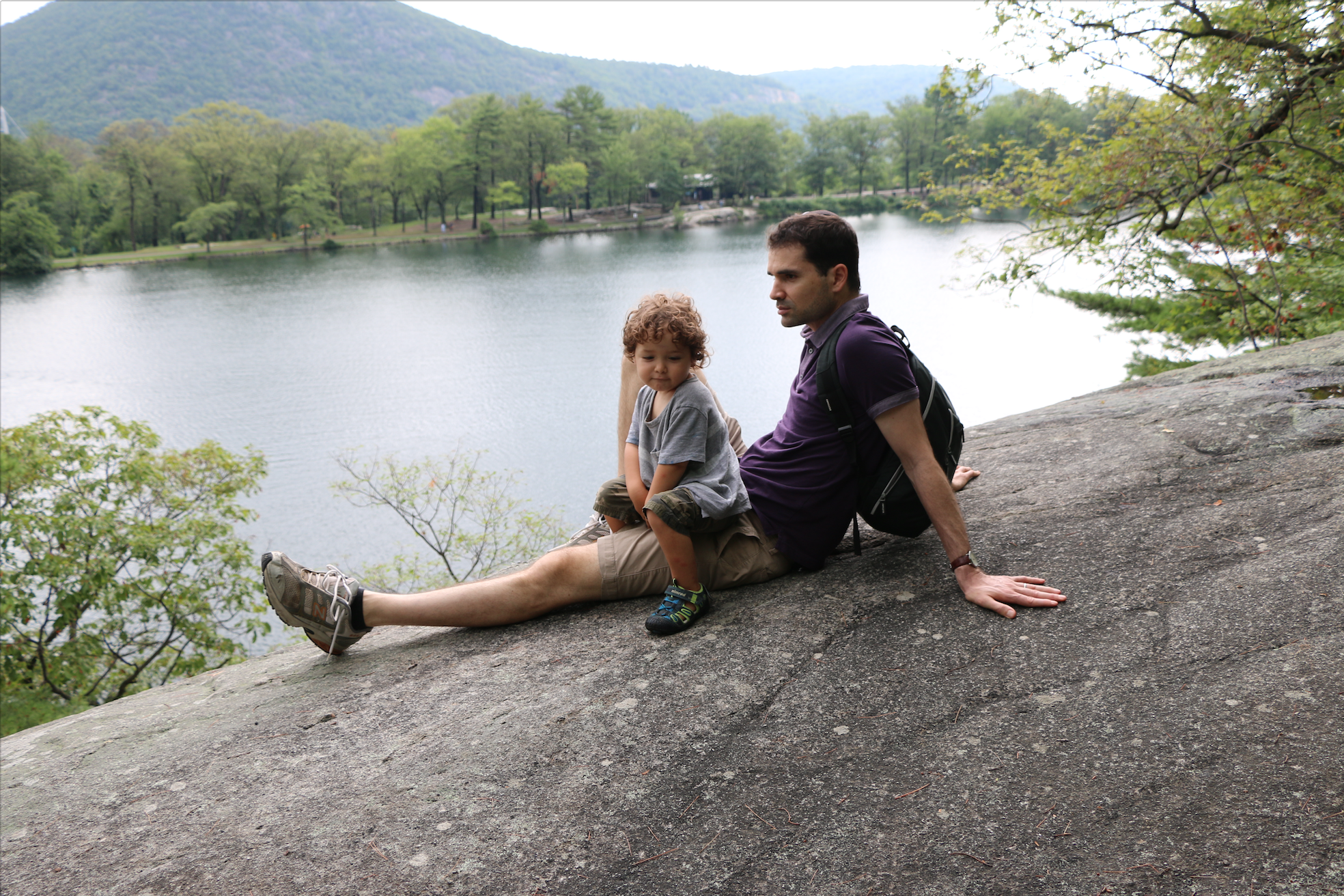
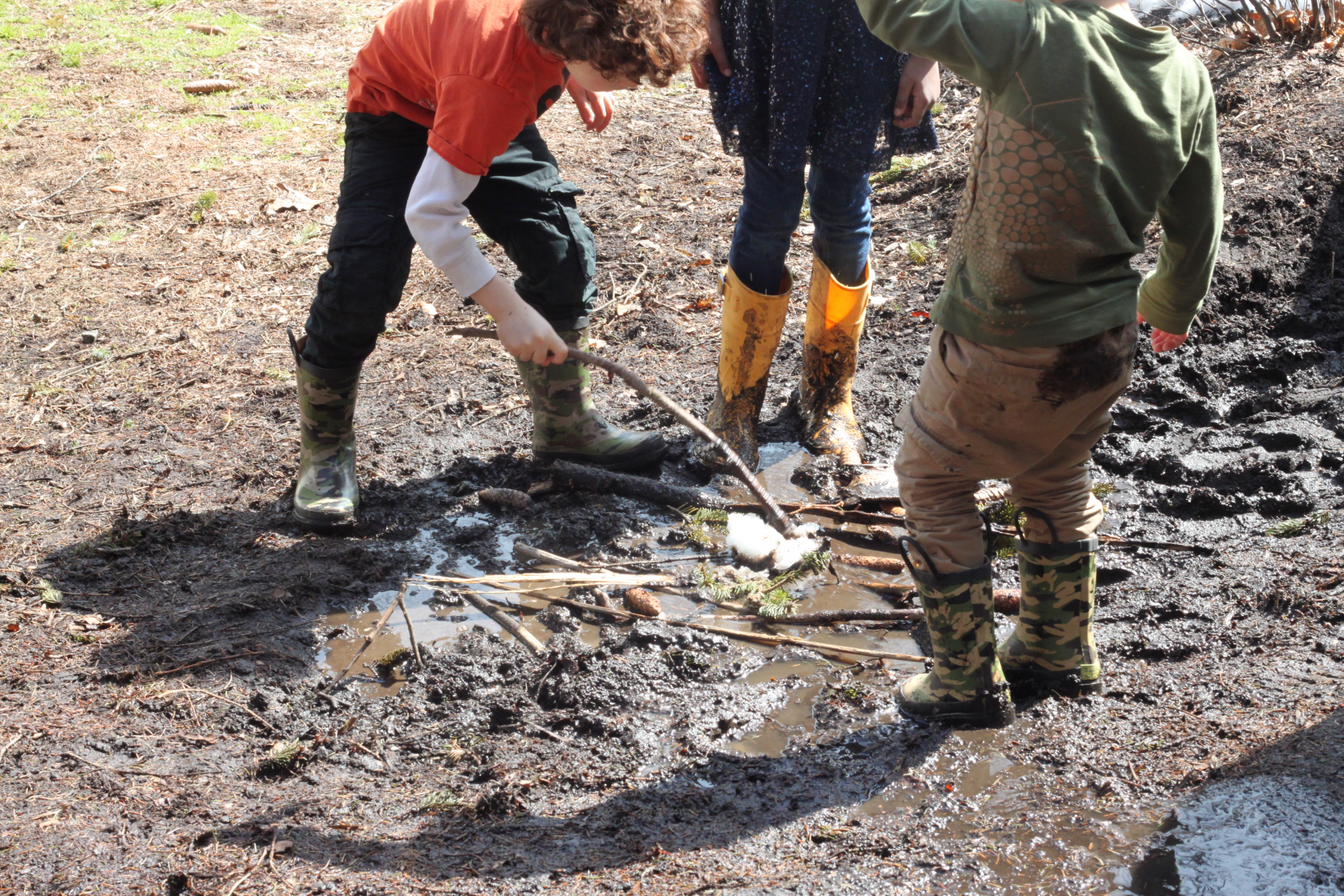
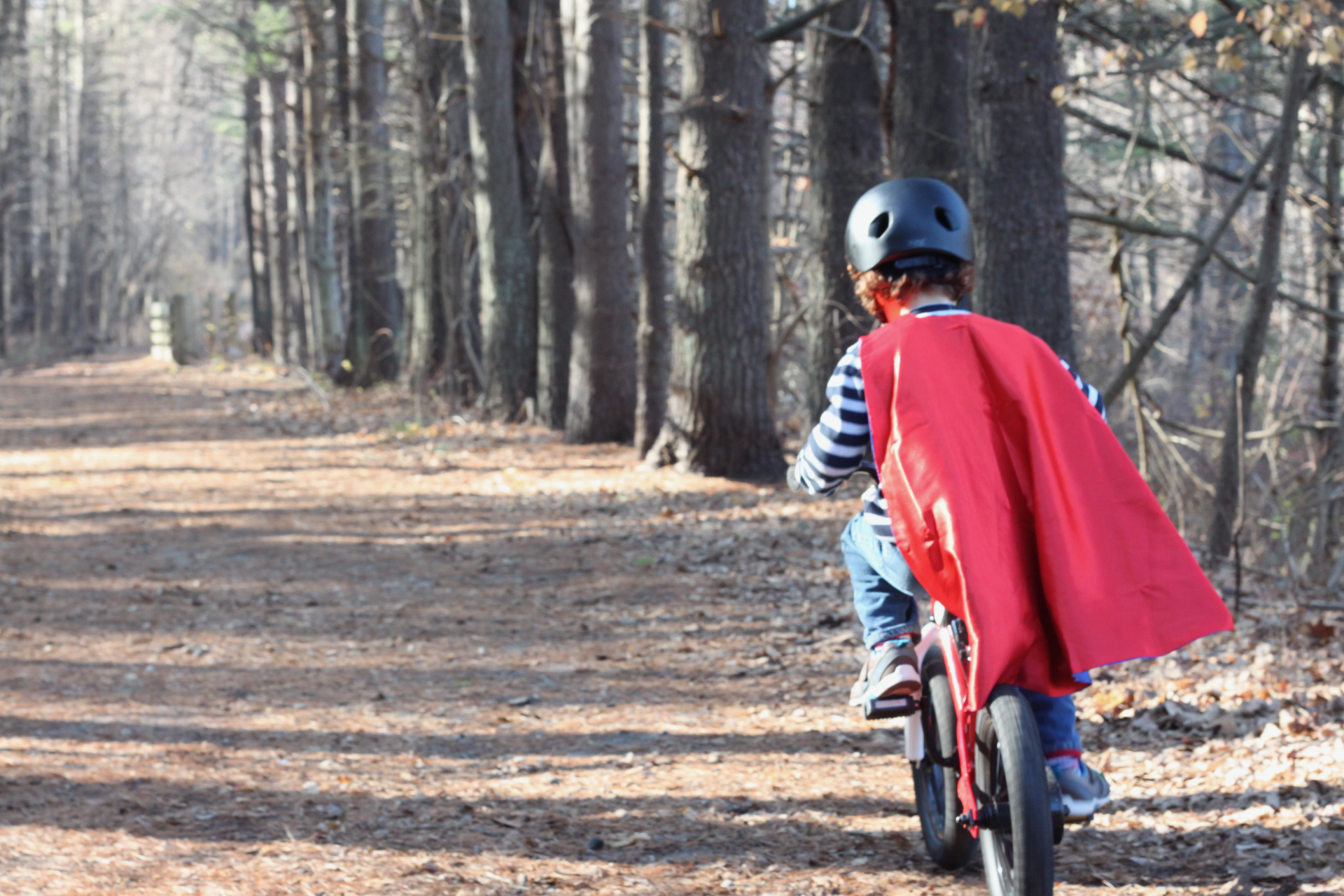
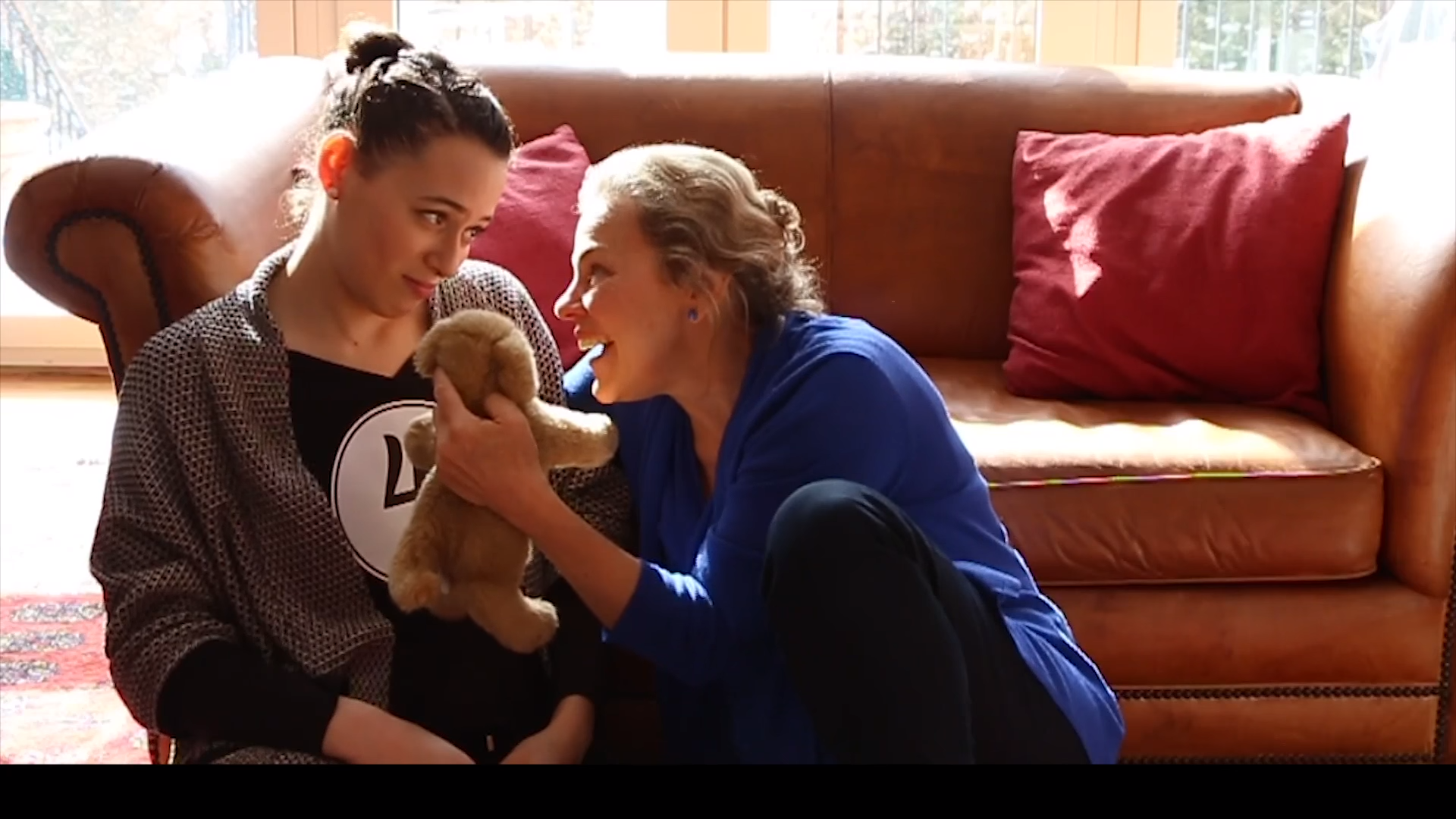

My four year old hits me very often- whenever it’s time to turn off cartoons, time to go home from the park or play date… Since I became pregnant with my second child, I started getting more and more triggered by this. I was feeling really nauseous during my pregnancy, and I had insomnia, so I couldn’t play with him like I used to and I have a baby now, so I have less time for him as well . Even though I know I feel mommy guilt because I am not being the best mom to him, and it just makes things even worse, I still get angry when he hits me and we’re in a vicious cycle. it is ruining our relationship.
Thank you for this article.
There’s a typo “you’re” instead of “your” on the webpage but not on the video.